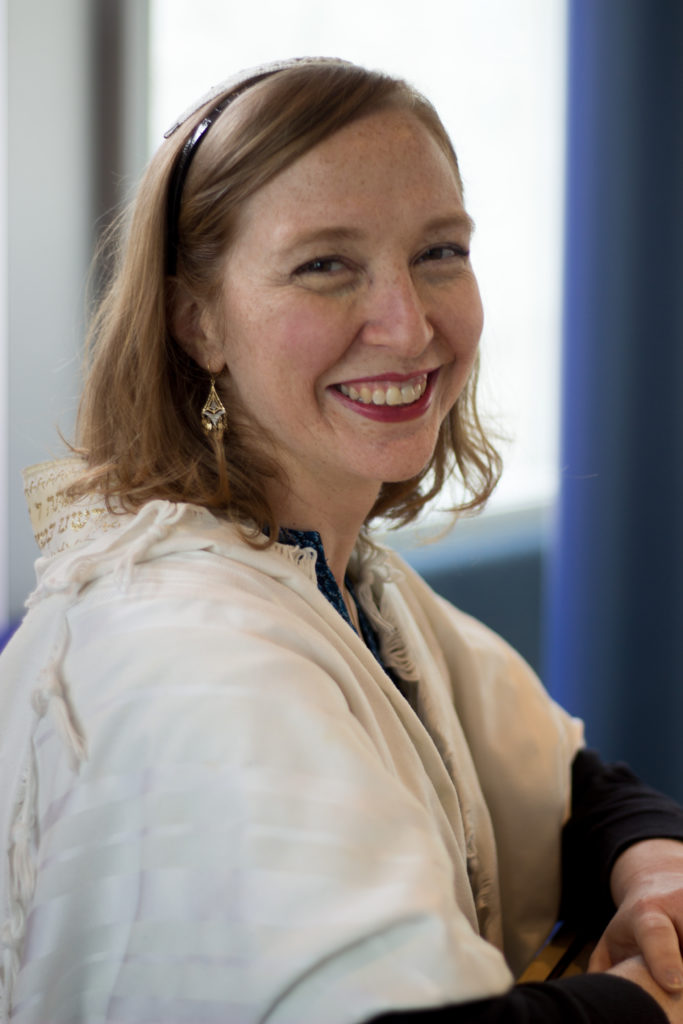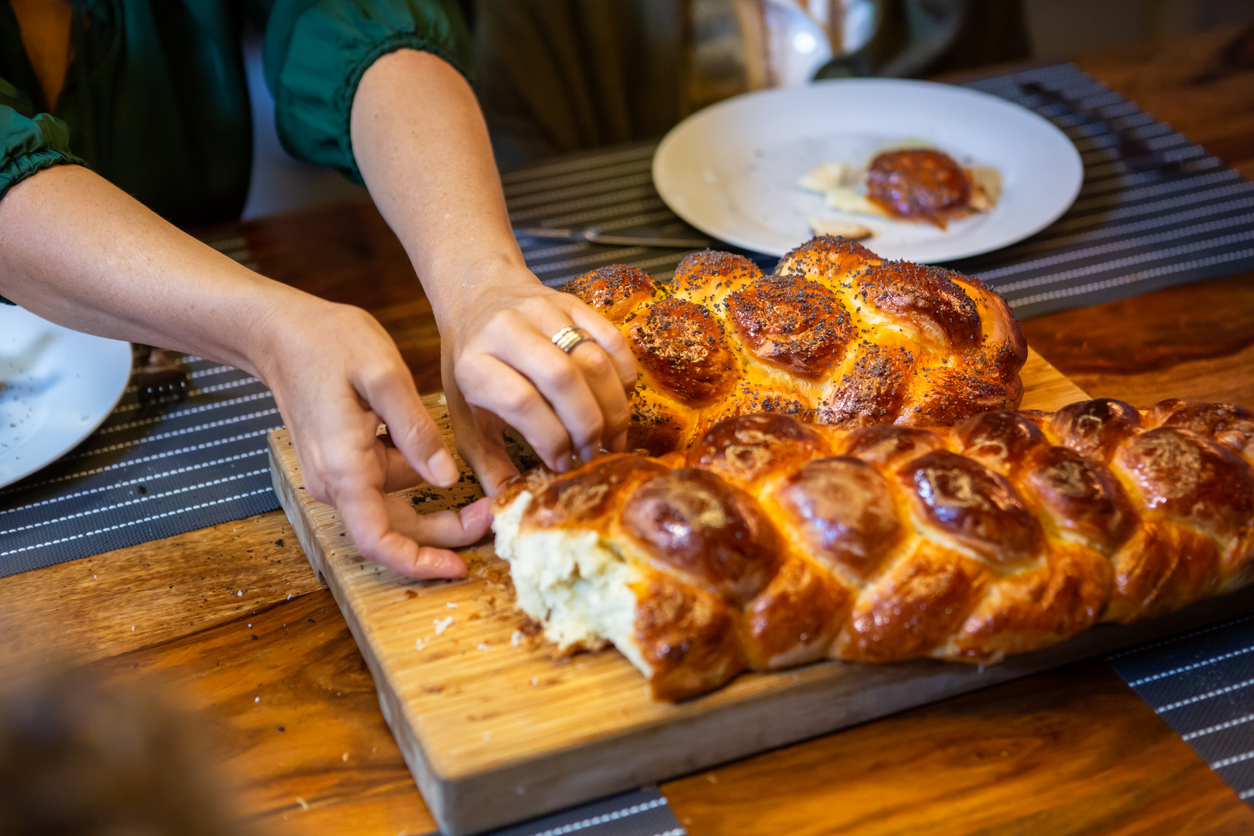This week’s parashah includes the curious story of Balak, who asks the local prophet Bilaam to curse the Israelites. Whenever Bilaam tries, though, out of his mouth come blessings instead of curses. Balak tries to move Bilaam to different vantage points from which he can see the Israelite camp, but still no curses. In the end, Bilaam offers greater and greater blessings and then a prophecy of how the Israelites will defeat their enemies. Balak, needless to say, abandons his goals. The commentators have assumed that there was something about looking at their encampment that caused Bilaam to bless the Israelites and have offered various explanations, most focused on how they treated each other in community.
I often say that faith communities are some of the last places in our society where people will care for you whether they know you or like you. In our increasingly lonely and separated society, we find ourselves less and less part of overlapping communities of care and connection – whether they be bowling leagues or synagogues, or book clubs. A recent article by Jessica Grose in the New York Times said it well: Even those for whom religion no longer makes sense (the “nones”), the thing they miss the most about religion is the ready-made community.
I spoke recently with Pastor Lawrence Adjah, founder of Our Family Dinner. Pastor Lawrence saw the need for people to have groups that love them and care for them like family and began creating dinner circles to bring people together. I loved the idea and saw how powerful it could be for people. I shared with him my experience of Shabbat dinner and the way in which it brings Jews together. When I moved to Washington, D.C., after college, I slipped right into a Jewish community of young political peers and countless Shabbat dinner potlucks. In fact, in that tender time after college when we no longer had floormates and classmates to form automatic community with, I knew that wherever I moved, if there was a Jewish community there, I would have Shabbat dinner plans and places to make friends and feel connected.
I love the vision of creating a more connected, more caring society, one dinner at a time. I hope as I have built my own personal Jewish practice, as well as the Jewish communities I have led and been a part of, that I have contributed to this. If you regularly host Shabbat dinner, or if you haven’t in a long time, consider this week inviting someone new that’s looking to connect with community. It’s one small way to both bless our community and be worthy of blessing.

Rabbi Julia Appel is Clal’s Senior Director of Innovation, helping Jewish professionals and lay leaders revitalize their communities by serving their people better. She is passionate about creating Jewish community that meets the challenges of the 21st century – in which Jewish identity is a choice, not an obligation. Her writing has been featured in such publications as The Forward, The Globe and Mail, and The Canadian Jewish News, among others.

